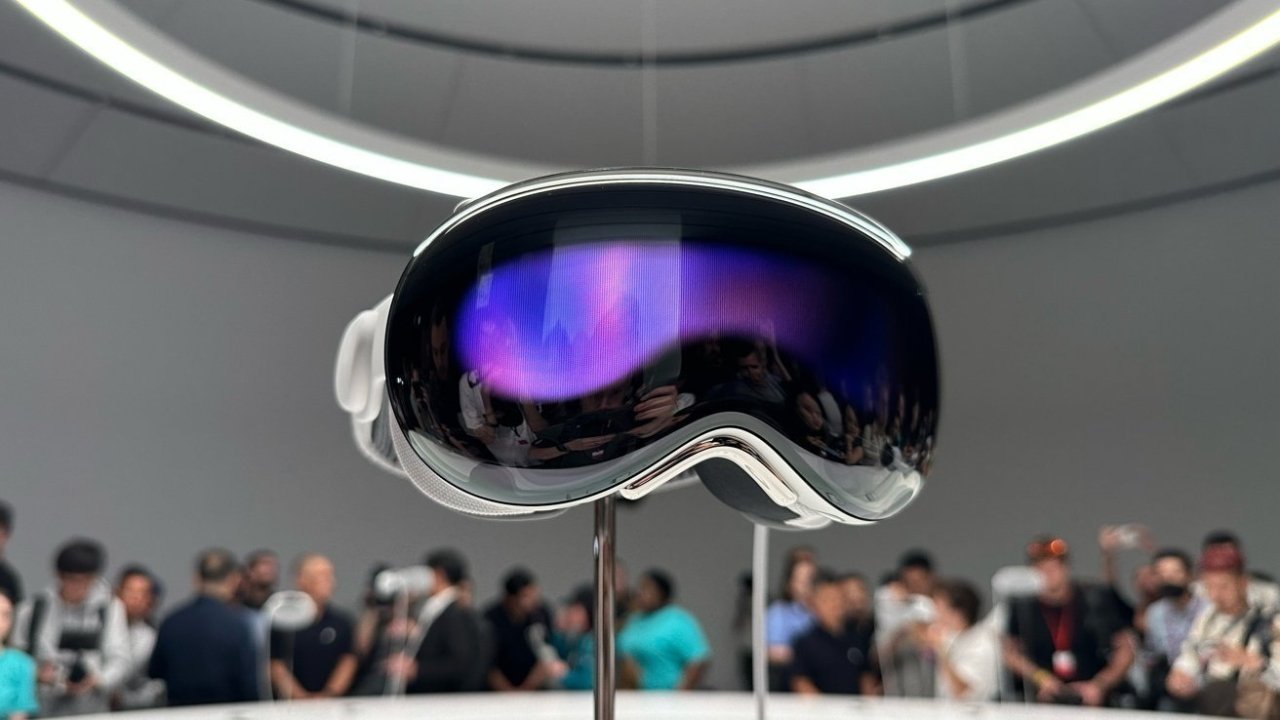Analyst Ming-Chi Kuo maintains that other countries will receive the Apple Vision Pro shortly, and says it's possible because US demand is weak.
In February 2024, Kuo noted that shipping times for the Apple Vision Pro had shortened significantly since the first few days. He concluded that this was because of how demand was low.
In a post on X, he said on Wednesday that he's still expecting international release just after WWDC.
Vision Pro
— (Ming-Chi Kuo) (@mingchikuo) June 5, 2024
(WWDC 2024)202440-45
—
Vision Pro shipment survey update:
Shipments to non-U.S. markets, mainly the U.K., https://t.co/0tZdSlj7js
Ming-Chi Kuo argues both that general demand continues to be low, but also that the initial early adopter demand was higher than expected. In his full blog post, he says that this early demand means that component suppliers have increased production from between 500,000 and 600,000 units to between 700,000 and 800,000 units for the year.
In a more obvious point than he usually makes, Kuo says that this increase in production is in order to reduce shipping times.
Kuo also points to a low return rate, backing up a previous report of just 1% of buyers returning the headset. Of those people, he says, fully one fifth returned the headset because they didn't know to set it up.
Kuo also states the obvious by reporting that Apple is collecting user feedback to help with its future Apple Vision Pro releases.
He has said in the past that the second Apple Vision Pro will go into mass production in 4Q25 or 1Q26. However, he also says that this release is about improving manufacturing, and a headset with new features may not be released until 2027.
Apple is expected to release an update to visionOS during WWDC 2024. The keynote will be streamed live on June 10.
 William Gallagher
William Gallagher








 Marko Zivkovic
Marko Zivkovic
 William Gallagher and Mike Wuerthele
William Gallagher and Mike Wuerthele
 Andrew Orr
Andrew Orr

 Amber Neely
Amber Neely
 Mike Wuerthele
Mike Wuerthele









11 Comments
This is less of some sort of amazing news leak then just pure common sense.
what happen when the international demand falls too o:)
If demand in your home country is weaker than expected, then this would be a good reason not to roll out to other countries.
How about roll out to other countries with 4x cheaper price just like those U.S. pharmaceutical companies.